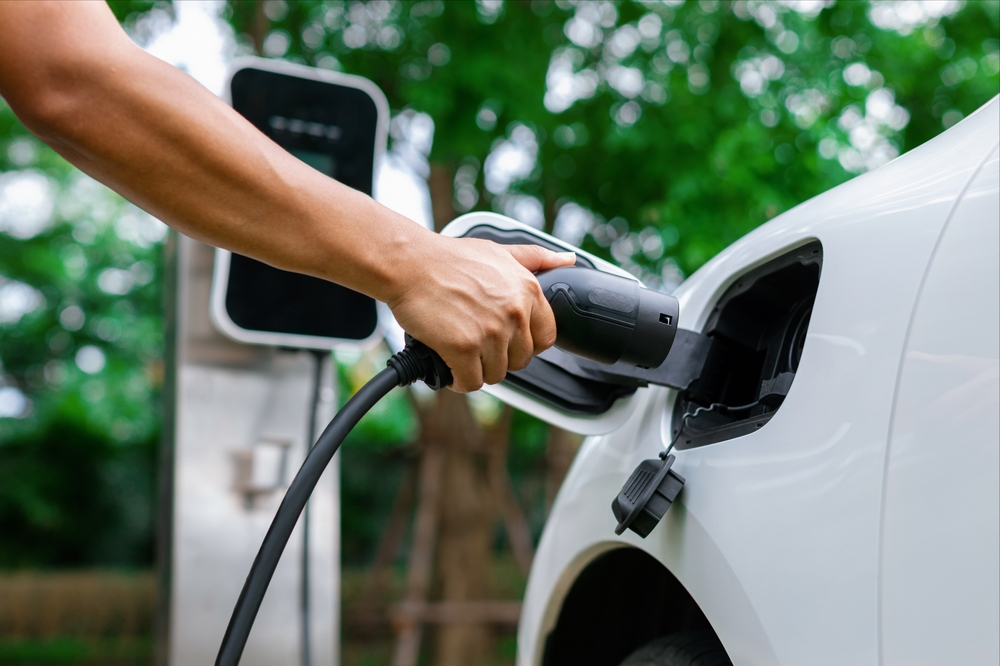Commercial, Distributed Energy Resources, GHG Emissions - July 22, 2024
Maryland Expands EV Charging
Maryland Governor Wes Moore announced the state received $12.1 million in federal funding as part of the first round of conditional awards to expand electric vehicle charging sites under the National Electric Vehicle Infrastructure (NEVI) program.
The program is part of the Bipartisan Infrastructure Law and will accelerate the deployment of publicly accessible EV chargers and build a reliable and convenient charging network.
Consistent with program requirements, sites are designed to ensure that there is charging infrastructure at least every 50 miles on these Alternative Fuel Corridors. This fall, the Maryland Department of Transportation intends to issue a request for proposals for a second round of funding focused on building the remaining 18 sites. Maryland's NEVI network will ultimately have 130 fast-charging ports at 23 sites in 15 counties across the state.
“Clean energy is not just smart for the environment; it creates new jobs for Marylanders and strengthens our economy. Climate action is about more than avoiding disaster. It’s about growing opportunity, and we can – and we will – do both,” said Moore in a statement. “Maryland takes a back seat to no one in advancing our clean energy goals, and today, we move one step closer to achieving a more sustainable future for all. I want to thank the Biden-Harris Administration and our federal, state, and local partners for their support.”
The Maryland Department of Transportation is partnering with ElectraStop, Francis Energy, Gridwealth EV, Koulomb, Pilot Travel Centers, Tesla and Wawa in deploying the EV chargers, subject to final agreement with the Maryland Department of Transportation.
The locations of the charging stations include travel centers, shopping malls, gas stations and convenience stores located along federally designated Alternative Fuel Corridors, which support EV charging and hydrogen, propane and natural gas fueling infrastructure.
The recipients of the award will receive program funding for up to 80% of the cost of the new EV infrastructure. Recipients are required to operate and maintain direct current (DC) fast chargers, ensuring they are operational 97% of the time for at least five years, and will provide $5.6 million in private match. Participants have one year to build the new EV charging port, with sites opening by fall 2025.
Read These Related Articles:
Stay Up-To-Date












